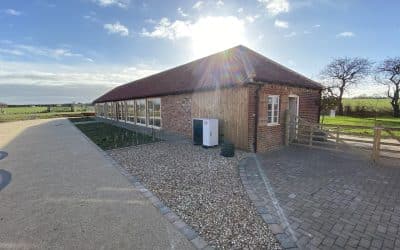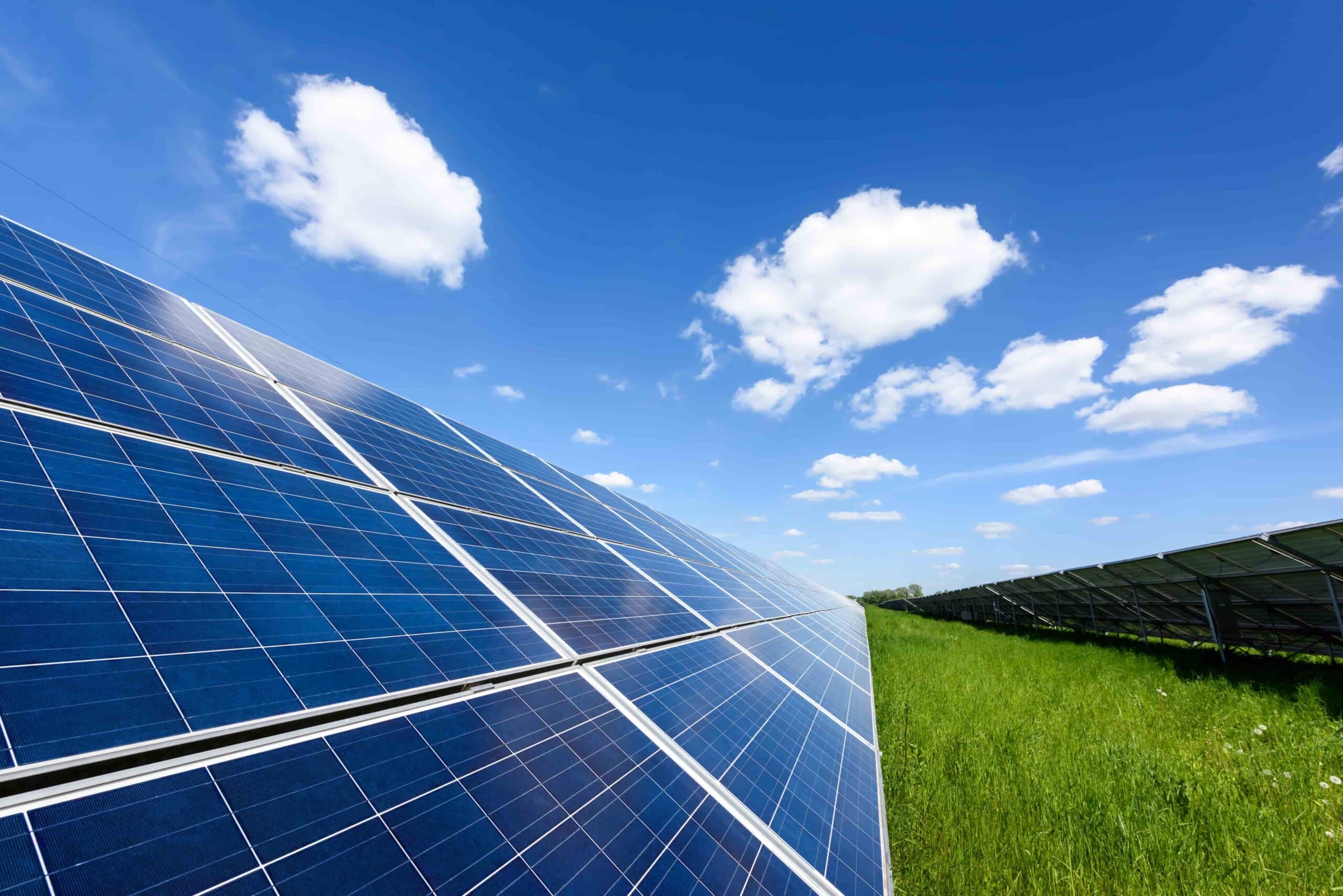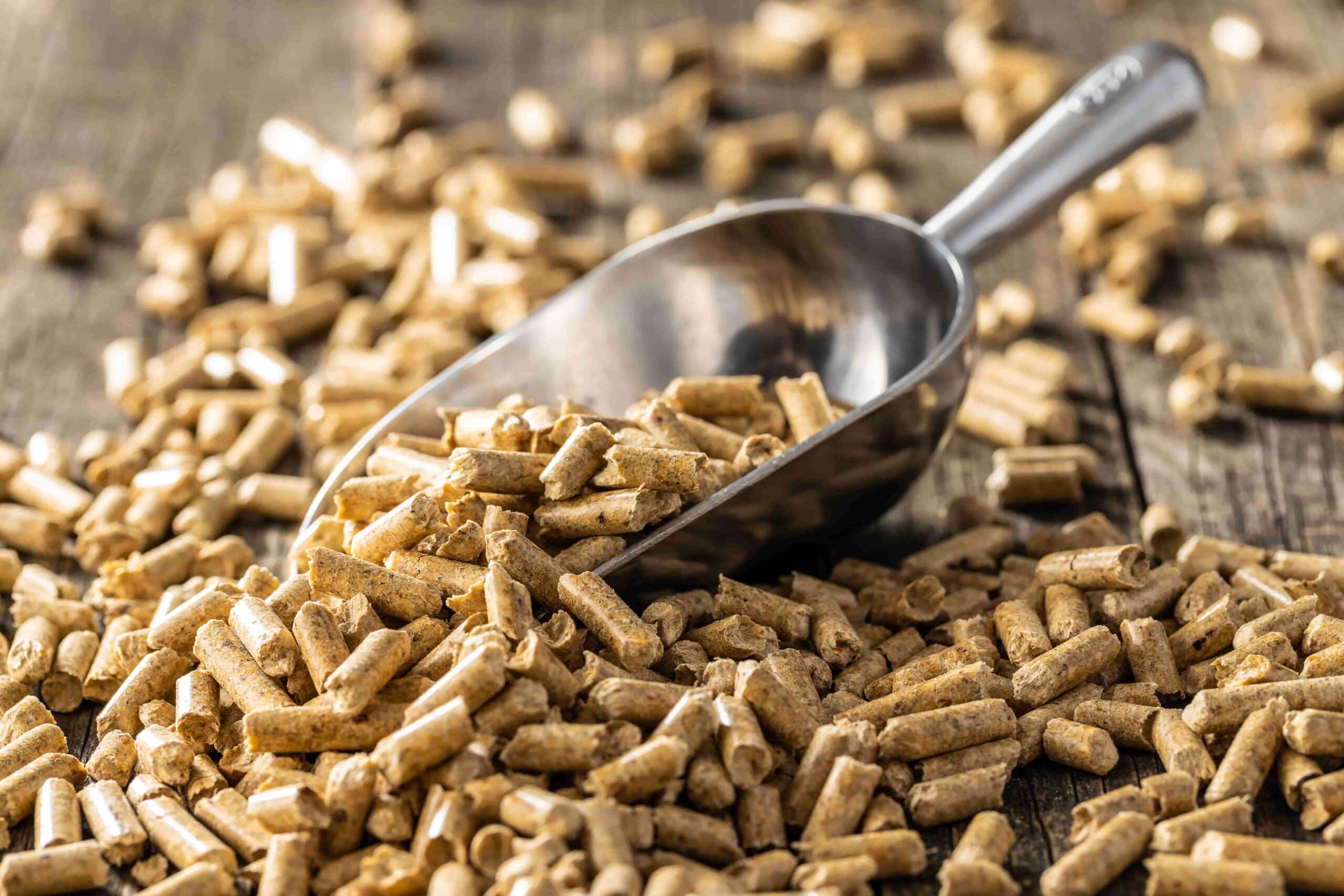Considering how the price of fuel keeps getting higher each day, installing biomass boilers is becoming a go-to green and cost-effective solution. What’s more, you can take advantage of the government’s Renewable Heat Incentive Scheme where you’ll be paid to install a clean heating solution in your property.
However, there are a number of things that you need to consider before you invest in a biomass boiler.
We’ve listed 5 important questions before you go ahead with biomass installation
1. Do I Have Enough Space for the Installation?
This aspect alone could either make or break the deal. As compared to traditional boilers, biomass heating systems require a much bigger space. You’ll need space for the boiler and to store woodfuel while having enough room to accommodate fuel deliveries. Woodfuels like wood chips, pellets and logs have a lesser energy density when compared to oil and gas. So, to hold the same amount of fuel you’ll need more space. If you’re compromised on the space then opting for pellets is most ideal as these are two to three times denser than wooden chips.
2. Logs, Wood Chips or Pellets – Which Fuel Type Should I Opt for?
You need to put some thought into the type of biomass fuel that’s best for you. Think about how hands-on you see yourself being and be practical about it. For instance, will you be okay to re-fill a log boiler manually on a chilly night or would you rather that the boiler load itself? Can you produce your own chips? If you fell trees on your own you can use the wood to manufacture your own wooden chips. Or you might prefer purchasing this fuel from one of our suppliers at JL Phillips.
3. What Will I Do with the Ash Produced in the Biomass Boilers?
Modern biomass boilers are highly efficient which means that the ash produced is comparatively low when compared to older models. Depending on the size of your boiler and the amount of biomass fuel used, the amount produced will vary. However, most boilers have to be de-ashed every 1 to 4 weeks. The ash produced can be used as a fertiliser if the biomass fuel was obtained from uncontaminated sources.
Eventually, it’s all about the volume. A boiler consuming ten tonnes of fuel with an ash content of 2% will generate 200kg of ash. You can also look into exchanging ash for money with some suppliers.
4. Will I Need Planning Permission for Biomass Installation?
To be on the safer side, it is best to ask the local authority planning department regarding biomass installation. In case you have to construct a new fuel store, a boiler house or perhaps a chimney, it’s very likely that you’ll need planning permission. Since these new builds will have a visual impact on your property, getting planning permission sorted is for the best. Also, you have to know if you’re in a smoke control zone. As long as an exempt appliance is being used, you can burn biomass fuels in smoke-free zones.
5. What sort of Backup will I Need with Biomass Installation?
Having biomass boilers commissioned and installed is not the be-all-end-all of the installation. You need to know if you have the required backup available to you. At JL Phillips, we’ve maintenance packages available along with a decade of experience to our credit. What’s more, you can get your free quick quote with just one click!
We can happily provide testimonials of the types of installations we’ve done in the past so that you’re assured of our expertise in the area. We’ll also guide you regarding the type of fuel you must use along with the size of the boiler ideal for your property. Our suppliers are the best in the industry and we’ll take care of any maintenance or repair work that crops us post-installation.
The biomass suppliers and installers at JL Phillips are equipped to answer any and every query you may have. What’s more, we’ll be more than happy to discuss all the design and installation aspects along with conducting a survey of your property.
All we want is to serve our customers to the best of our abilities while helping them adopt a more clean and green approach.
Get in touch with us today so we can help you make the right choice with your new biomass installation!




